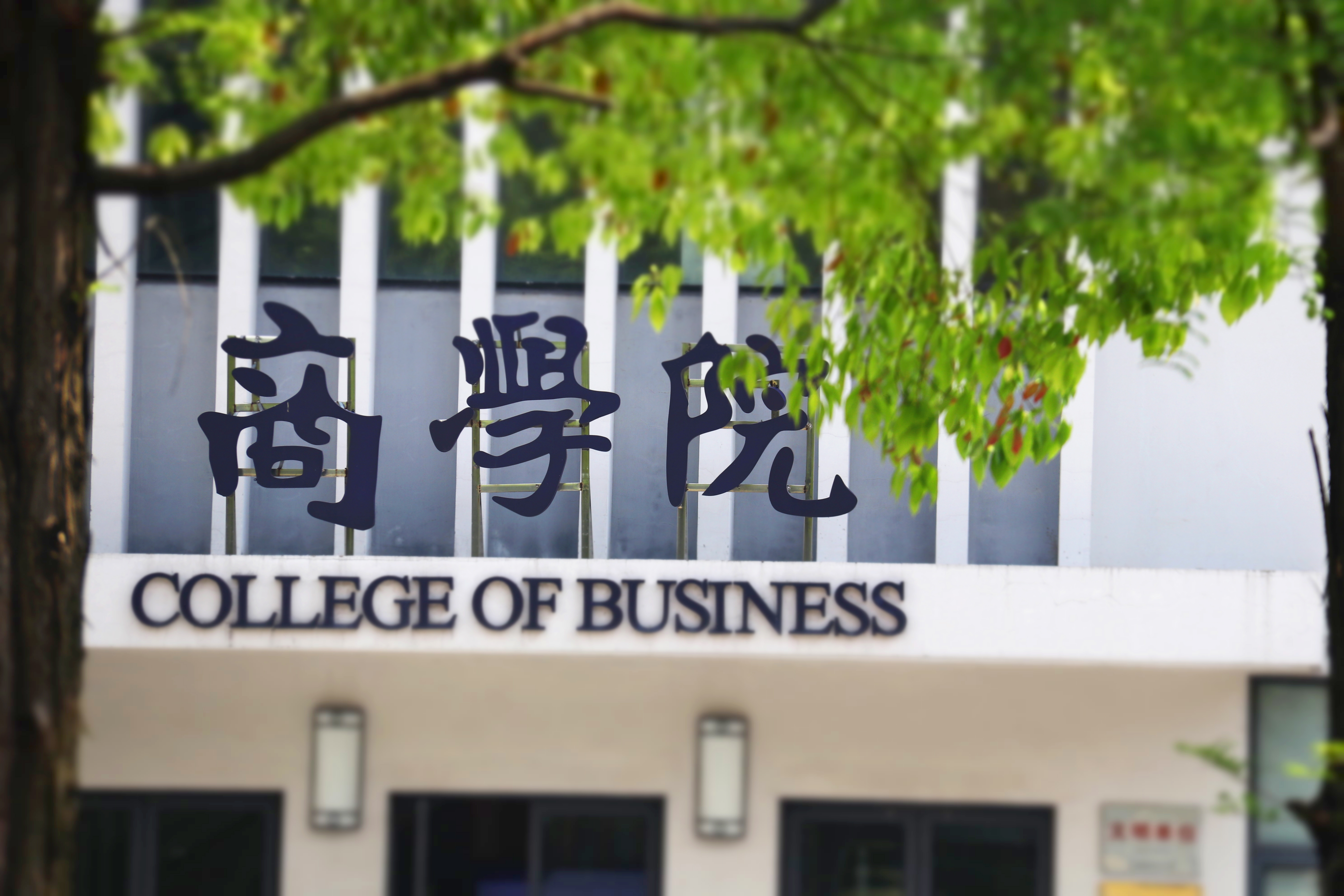题目:The Bright Side of the Primary Retail Platform’s Control of the Resale Market
时间:6月3日 10:00-11:30
地点:商学院武东路校区108
演讲者:姜宝军,副教授,圣路易斯华盛顿大学
摘要:Consumers can buy firsthand concert tickets from primary platforms (e.g., Ticketmaster). If they later find themselves unable to attend the concert, they can resell their tickets to other consumers on resale platforms (e.g., StubHub). Recently, Ticketmaster has also been developing its resale business and attempting to control the resale market by blocking consumers from reselling on competing resale platforms. Many states in the U.S. have passed laws requiring consumers be allowed to freely resell tickets on any resale sites, worrying that Ticketmaster’s control of both the primary and the resale markets will lead to increases in its service fees in both markets, which will reduce consumer surplus. However, our game- theoretic framework shows that the opposite can happen: when Ticketmaster also controls the resale market, the service fees on both the primary and the resale markets can decrease, increasing the consumer surplus. This is because Ticketmaster tends to lower the primary-market service fee to attract more buyers in the primary market. Hence, more consumers will also be expected to resell their tickets, which increase the resale market profit. Ticketmaster also tends to lower the resale-market service fee to make ticket-reselling less costly, which induces more consumers to buy tickets from the primary market. We also find that, counterintuitively, when the primary platform controls the resale market, the presence of a small group of scalpers can reduce the final ticket prices and increase the musician’s profit and the consumer surplus. Using data from Ticketmaster.com and StubHub.com, we provide some suggestive empirical support for our theoretical predictions.


